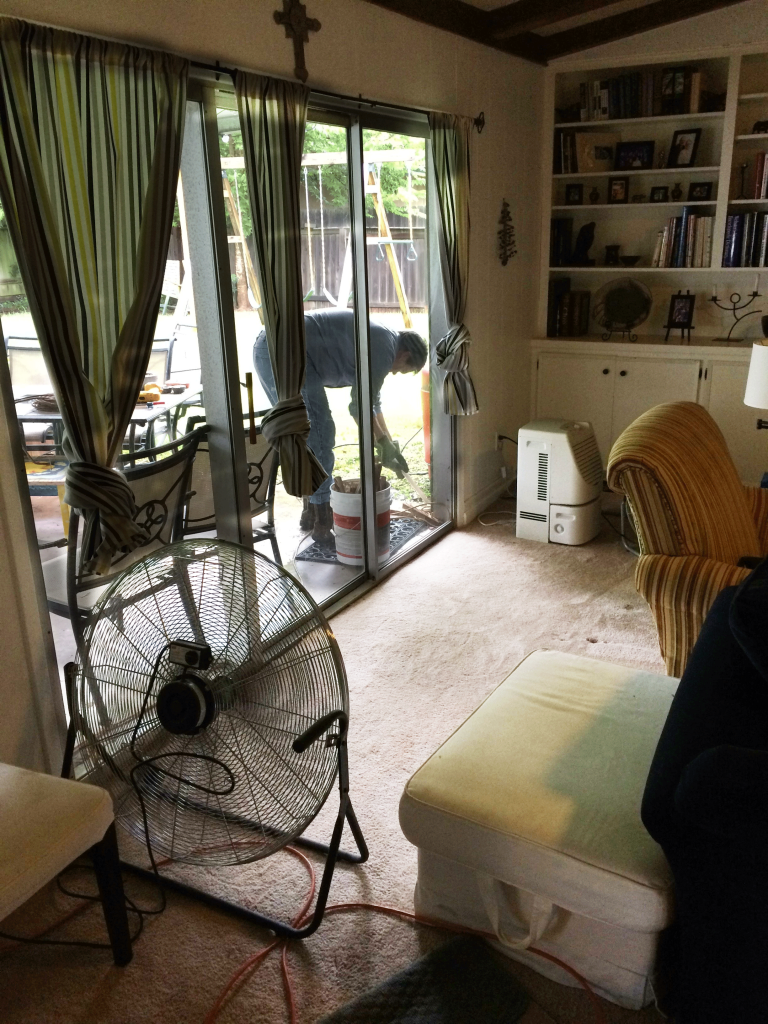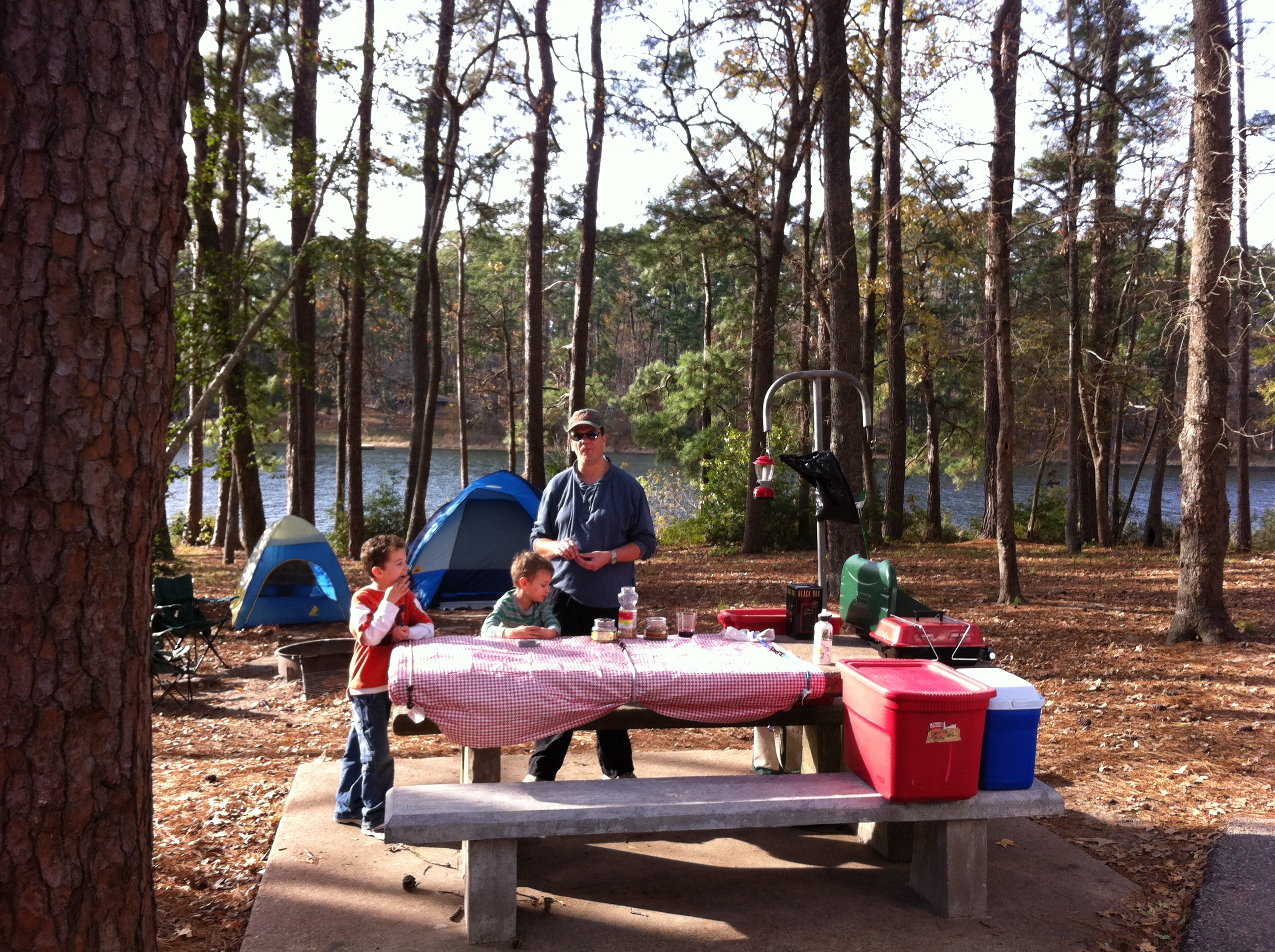Think about a time in your own life when you were pretty much at your (emotional/spiritual) rock-bottom low. What insight did you gain about life and faith from that difficult time? How did that insight come about? Who or what helped make that happen?
My own lowest-low time came when I was 24 years old. Just three weeks short of what would have been my first wedding anniversary, my spouse never came home one evening, which in itself was significant, but it was a pressing concern because we had plans to drive to his sister’s for an overnight visit. Upon returning close to midnight, he casually responded to an offhand remark I made by revealing that he didn’t want to be married, had never wanted to get married, and thought we should just “break-up.”
And just like that, life as I knew it changed forever. Once I recovered from the shock and came to understand that there was no chance of reconciling, I picked up the shattered pieces of my life and vowed to learn, fix, heal, and ultimately become a better, stronger, and more whole person.
One of the most difficult pieces of this process was coming to terms with my own Crisis of Faith. I was a theology teacher—teaching New Testament Scripture to high school sophomores—at the time. I had a Bachelor’s degree in theology. I was not only committed to my Catholic, Christian faith, but I had specific, poignant conversations with my estranged spouse during our 17 month engagement about the Sacrament of Marriage, about the Covenant which we would be entering into, and about how divorce was not an option. Not for me, anyhow.
An excellent therapist helped me dissect the unhealthy dynamics and patterns which led to this whole situation, but I was still left with the God question:
I had responded to God’s call to be a teacher of faith.
I had given my life to God.
How could God have allowed this to happen to me?
 When I returned to my classroom after taking a week off to get my head together, I told my students that I was “going through a difficult time,” which was an understatement, but it was all that I could muster. It was incredibly difficult to be teaching about the faith when I was so very angry, confused, hurt, and broken in my own relationship with God.
When I returned to my classroom after taking a week off to get my head together, I told my students that I was “going through a difficult time,” which was an understatement, but it was all that I could muster. It was incredibly difficult to be teaching about the faith when I was so very angry, confused, hurt, and broken in my own relationship with God.
So it was in this context when I happened to assign a Critical Thinking Reflection on the “Workers in the Vineyard” parable (Matthew 20:1-16).
Jesus told his disciples this parable: “The kingdom of heaven is like a landowner who went out at dawn to hire laborers for his vineyard. After agreeing with them for the usual daily wage, he sent them into his vineyard. Going out about nine o’clock, the landowner saw others standing idle in the marketplace, and he said to them, ‘You too go into my vineyard, and I will give you what is just.’ So they went off. And he went out again around noon, and around three o’clock, and did likewise. Going out about five o’clock, the landowner found others standing around, and said to them, ‘Why do you stand here idle all day?’ They answered, ‘Because no one has hired us.’ He said to them, ‘You too go into my vineyard.’

When it was evening the owner of the vineyard said to his foreman, ‘Summon the laborers and give them their pay, beginning with the last and ending with the first.’ When those who had started about five o’clock came, each received the usual daily wage. So when the first came, they thought that they would receive more, but each of them also got the usual wage. And on receiving it they grumbled against the landowner, saying, ‘These last ones worked only one hour, and you have made them equal to us, who bore the day’s burden and the heat.’ He said to one of them in reply, ‘My friend, I am not cheating you. Did you not agree with me for the usual daily wage? Take what is yours and go. What if I wish to give this last one the same as you? Or am I not free to do as I wish with my own money? Are you envious because I am generous?’ Thus, the last will be first, and the first will be last.”
As I facilitated a class discussion with the 15 year olds, one kid raised his hand and earnestly asked:
I just don’t understand how this is fair. How can it be ok to give the same amount to all-day workers and those that only worked an hour?
Still a novice teacher at the time, instead of prompting him to think it through or asking other classmates to respond, I sought to answer his question directly. And when I did, I heard the truth that God was trying to speak to me come out of my own mouth:
The workers think they “deserve” something more because of their efforts, but that’s not how God works. We don’t earn it. God’s Kingdom is offered to us, and we either say
yes or
no. God loves, gives, and forgives with generosity.
Or are you envious because God is generous?
The kid paused for a moment and said “Hmm, I never thought about it like that”. And there I am standing in front of a class of 36 students, apparently continuing to facilitate a discussion, thinking to myself, “Me neither, kid… me neither”.
How could God have allowed this to happen to me?
Yep. I thought I “deserved something more” because of my efforts. I couldn’t believe I actually had a sense of entitlement. With God.
The last will be first and the first will be last.
It’s like when we were in elementary school and would race to be first in line (for almost everything). There was actually a sense of superiority that being first had for those at the front. As an adult, I see how juvenile the need to be first was; I mean we’d all be going to the same place. I can imagine how frustrated God must get with us for fixating on this juvenile need, and then getting all irate at the perceived injustice of someone “cutting in line.”
With greater humility, I began to look at my situation, which was honestly the consequence of actions. God’s care, concern, and presence enveloped me in the network of support from friends and family.
Just as my divorce and annulment were a turning point in my personal journey, this insight from the “Workers in the Vineyard” parable was a turning point in my faith.
This was my story. This was my insight. This was my process. How about you?
And so I conclude as I began:
- Think about a difficult time in your own life.
- What insight did you gain about life and faith from that difficult time?
- How did that insight come about?
- Who or what helped make that happen?
“Harvesting Grapes © Depositphotos.com/Bunyos30″
If you enjoyed this post, Please Share

 Within moments of texting each request, different friends responded telling me they had what I needed. Within 90 minutes of discovering the flooding, I had everything I needed to fix the problem, including a neighbor who came over to help my husband snake the exterior drain–all without spending a dime.
Within moments of texting each request, different friends responded telling me they had what I needed. Within 90 minutes of discovering the flooding, I had everything I needed to fix the problem, including a neighbor who came over to help my husband snake the exterior drain–all without spending a dime.




 When I returned to my classroom after taking a week off to get my head together, I told my students that I was “going through a difficult time,” which was an understatement, but it was all that I could muster. It was incredibly difficult to be teaching about the faith when I was so very angry, confused, hurt, and broken in my own relationship with God.
When I returned to my classroom after taking a week off to get my head together, I told my students that I was “going through a difficult time,” which was an understatement, but it was all that I could muster. It was incredibly difficult to be teaching about the faith when I was so very angry, confused, hurt, and broken in my own relationship with God. When it was evening the owner of the vineyard said to his foreman, ‘Summon the laborers and give them their pay, beginning with the last and ending with the first.’ When those who had started about five o’clock came, each received the usual daily wage. So when the first came, they thought that they would receive more, but each of them also got the usual wage. And on receiving it they grumbled against the landowner, saying, ‘These last ones worked only one hour, and you have made them equal to us, who bore the day’s burden and the heat.’ He said to one of them in reply, ‘My friend, I am not cheating you. Did you not agree with me for the usual daily wage? Take what is yours and go. What if I wish to give this last one the same as you? Or am I not free to do as I wish with my own money? Are you envious because I am generous?’ Thus, the last will be first, and the first will be last.”
When it was evening the owner of the vineyard said to his foreman, ‘Summon the laborers and give them their pay, beginning with the last and ending with the first.’ When those who had started about five o’clock came, each received the usual daily wage. So when the first came, they thought that they would receive more, but each of them also got the usual wage. And on receiving it they grumbled against the landowner, saying, ‘These last ones worked only one hour, and you have made them equal to us, who bore the day’s burden and the heat.’ He said to one of them in reply, ‘My friend, I am not cheating you. Did you not agree with me for the usual daily wage? Take what is yours and go. What if I wish to give this last one the same as you? Or am I not free to do as I wish with my own money? Are you envious because I am generous?’ Thus, the last will be first, and the first will be last.”